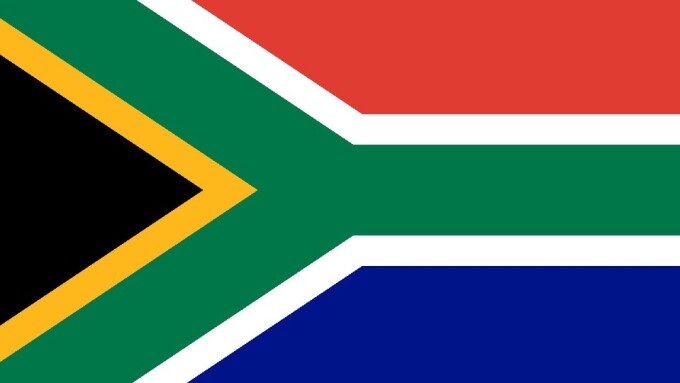LOS ANGELES — The Internet Service Providers’ Association of South Africa is pushing back against a proposal by the Law Reform Commission that call for the nation’s ISPs to block all adult-oriented content.
In a statement titled “Internet Blocking Proposal Sends SA Down Slippery Slope,” the ISPA, which represents the interests of nearly 200 ISPs, explained that blocking any form of content “is an exceptionally bad solution” that would not protect South African children — and noted that similar efforts have succeeded nowhere on the planet.
“We risk being sent down a slippery slope when we are just shaking off the effects of the previous administration’s stealthy attacks on freedom of expression,” ISPA chair André van der Walt stated, describing the blocking of content by default “an unimaginative approach when little else has been properly explored.”
One fear is that porn blocks under the guise of “protecting children” merely pave the way for more comprehensive content clampdowns when it suits later governments.
Earlier this year, ISPA submitted comments on LRC Discussion Paper 149, “Sexual Offences: Pornography and Children,” where it referenced its history of constructive engagement with the Film and Publications Board and its desire to deepen this relationship and its work with the SA Police Service regarding offenses relating to depictions of minors, which are defined in South Africa as persons under 18 years of age.
In its comments, ISPA offers specific proposals for dealing with minors' access to adult materials and underscores its view that the blocking of content “must be provided-for in law and only ordered by an impartial and independent court,” and explained that in the experience of its members, “technical approaches to content blocking and filtering are simply ineffectual and easily circumvented.”
Among the solutions is an emphasis on current e-safety guidelines in the educational system, which ISPA believes would likely prove more effective in ensuring online safety for minors.
“Requiring ISPs to block all adult content by default, to protect children, is a disproportionate interference in the right to freedom of expression and it is simply ineffective,” van der Walt added. “Moreover, blocking can only ever be permitted with regard to content that is unlawful. Adult content is not unlawful in South Africa.”
Internet intermediaries such as ISPA’s ISP members are “mere conduits” under South African law, with the group noting that content providers, not intermediaries, should endure legislative requirements — but the ultimate responsibility for preventing a minor’s access to age-inappropriate materials lies elsewhere.
“Blocking or filtering of adult content should be controlled by end-users and, with regard to minor children, those end-users should be the parents who are ultimately ideally placed to protect their own offspring,” van der Walt concluded.








